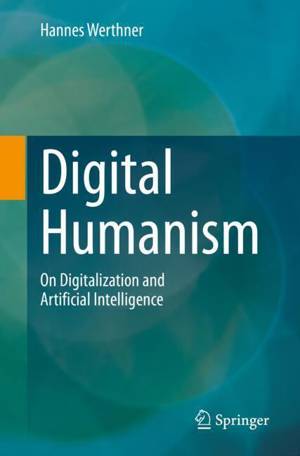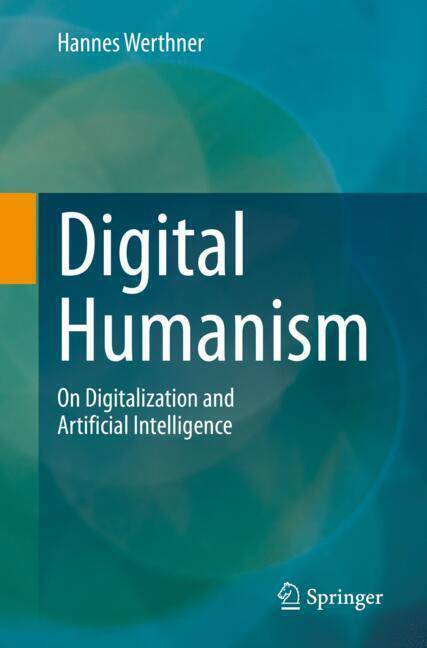
- Afhalen na 1 uur in een winkel met voorraad
- Gratis thuislevering in België vanaf € 30
- Ruim aanbod met 7 miljoen producten
- Afhalen na 1 uur in een winkel met voorraad
- Gratis thuislevering in België vanaf € 30
- Ruim aanbod met 7 miljoen producten
Zoeken
€ 35,45
+ 70 punten
Omschrijving
Information technology (IT) is changing us, our society and our world, and it influences how we perceive the world and how we think about it. This book describes the rather complex development of IT over the last 70 years, highlights the dynamics of this process, and critically reflects on both ongoing technical and related societal changes. The book discusses fundamental developments in informatics, looks at recent "game changers" like artificial intelligence and the Web with their dynamics and their repercussions on our lives and on society, which are at the same time - like so many new technologies in the history of mankind - both positive and negative. It explains and analyzes the complex interplay of technology and humans, and it also tries to point us towards a sustainable society and a better life respecting human rights. To this end, it introduces Digital Humanism, a holistic and proactive approach that focuses on the analysis of this process and the integration of technical and social innovation. This is a science communication book, written for a broad readership and assumes no specific prior knowledge, just an interest in the subject. It provides a framework for how to use IT reasonably, consciously, sensibly, and sustainably - in accordance with human rights and the UN's Sustainable Development Goals.
Specificaties
Betrokkenen
- Auteur(s):
- Uitgeverij:
Inhoud
- Aantal bladzijden:
- 117
- Taal:
- Engels
Eigenschappen
- Productcode (EAN):
- 9783031869044
- Verschijningsdatum:
- 1/06/2025
- Uitvoering:
- Paperback
- Formaat:
- Trade paperback (VS)
- Afmetingen:
- 156 mm x 234 mm
- Gewicht:
- 199 g

Alleen bij Standaard Boekhandel
+ 70 punten op je klantenkaart van Standaard Boekhandel
Beoordelingen
We publiceren alleen reviews die voldoen aan de voorwaarden voor reviews. Bekijk onze voorwaarden voor reviews.







